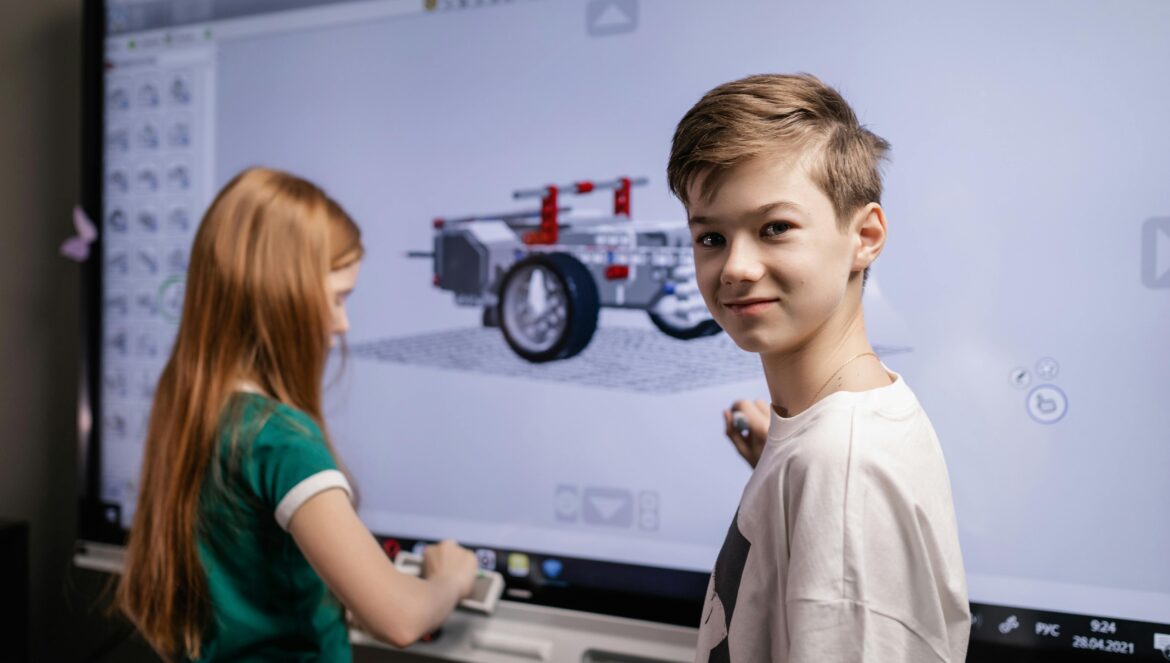Living in rural America, Montana has its charms—the vast skies, stunning landscapes, and a community spirit that makes it feel like home. While I plan to remain in the Treasure State for life, the students I work with might choose different paths. Regardless of where they go post-graduation, it’s crucial they are prepared for student success.
As a former classroom teacher, I’ve seen educational technology’s ability to spark student curiosity and engage students in learning. Now, as Discovery Education’s Manager of Statewide and Strategic Partnerships, I’m helping rural educators in several states leverage multimedia content, instructional supports, innovative classroom tools, and corporate partnerships for student success.
In discussions with teachers and school administrators I’ve worked with nationwide, I’ve pinpointed four areas where edtech can help support the success of rural students.
Support authors and subscribe to content
This is premium stuff. Subscribe to read the entire article.





